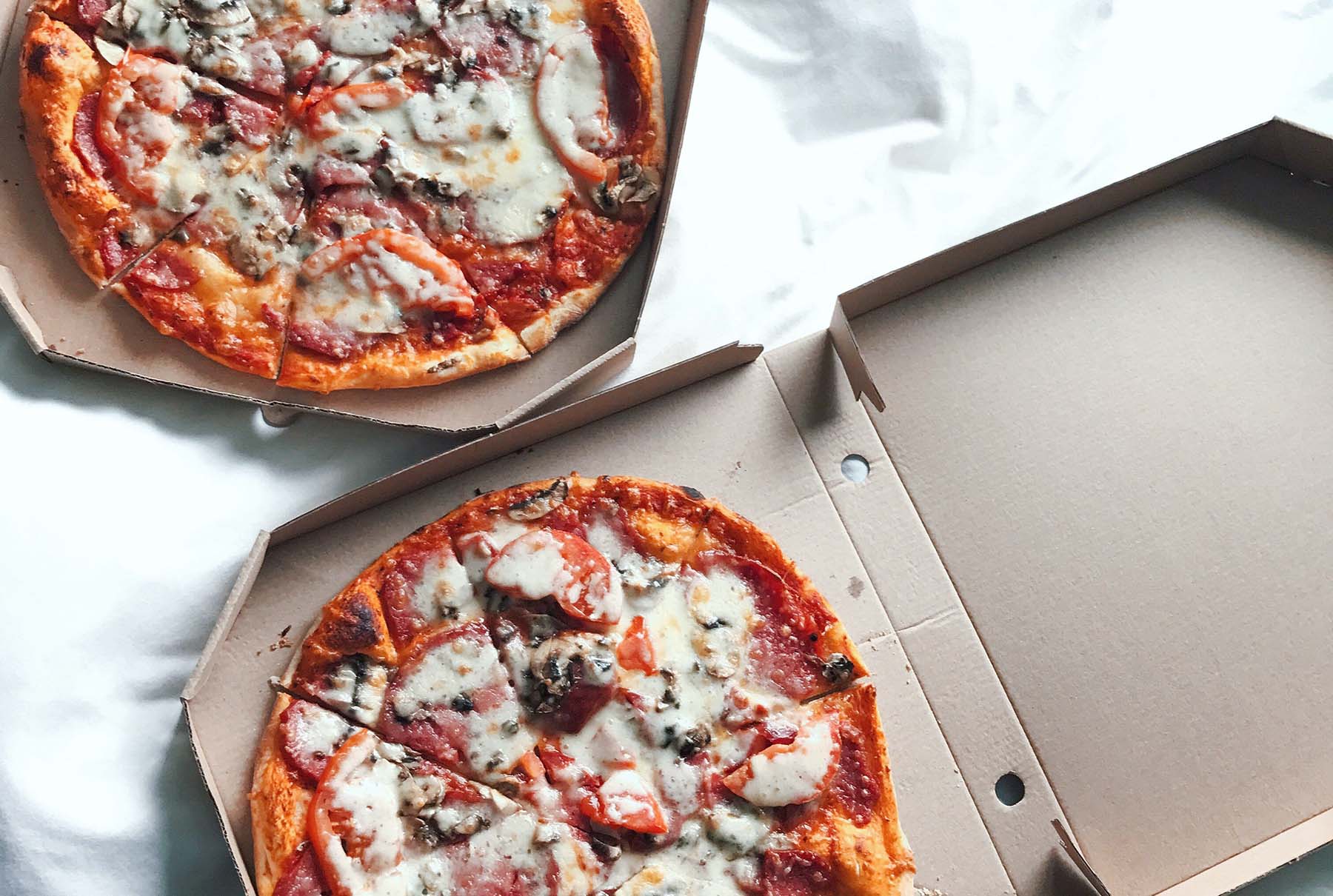Why Does Weed Make You Hungry?
You don’t need to have a PhD to know that smoking cannabis increases appetite. The question is why does cannabis make you ravenously hungry when you’ve just had dinner. Let’s find out.
Have you ever wondered why your favourite foods taste so much better when high? What makes getting the munchies such a pressing experience? There are a couple good reasons to explore why weed makes you hungry. For one, cannabis is legal and that mean’s there are loads of high-quality products to choose from. Second, when you’ve consumed cannabis, eating food can become a transcendental experience like no other. We know this because we’ve been there, and it is a tasty place to be.

